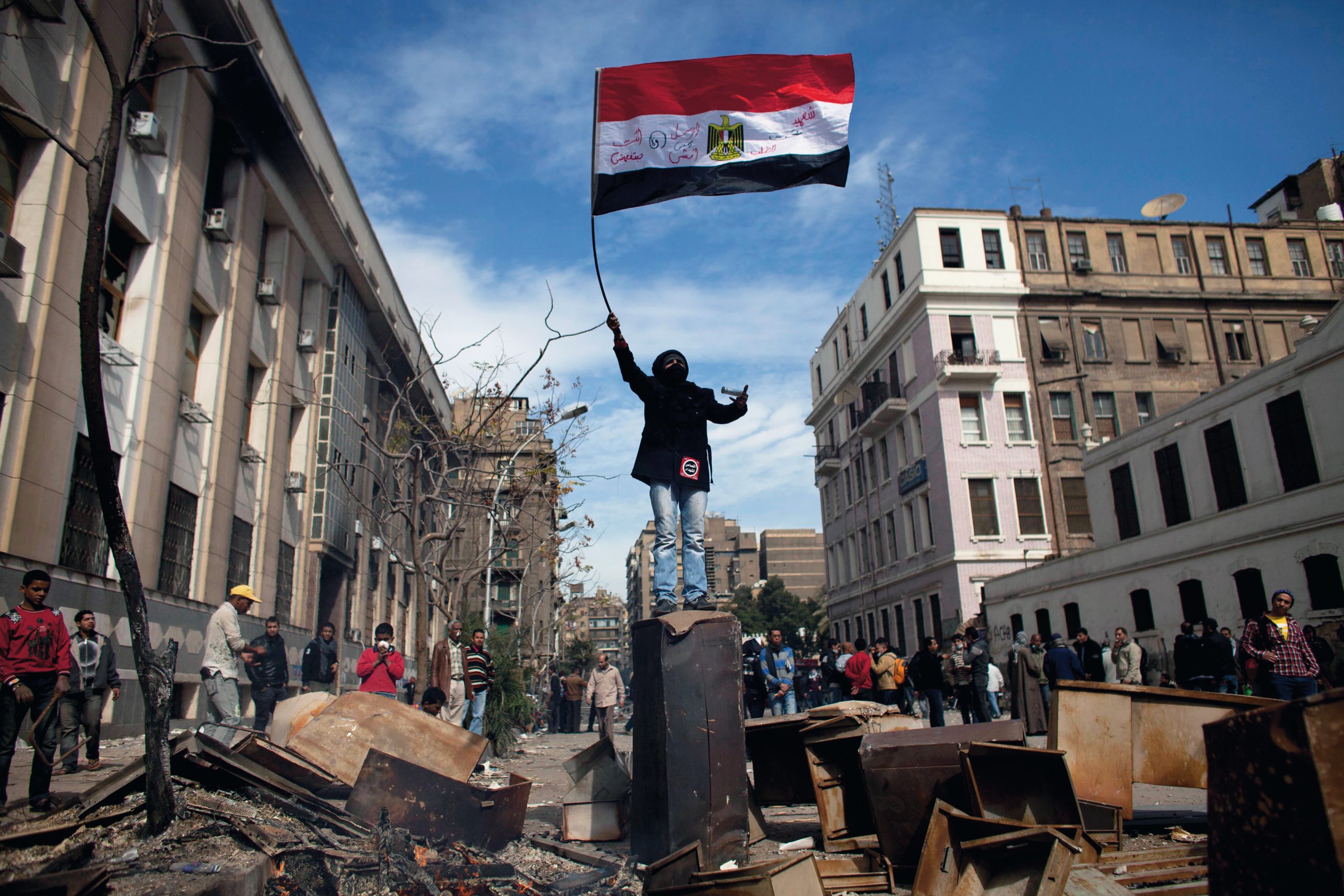
In mid-April 2011, out of the blue, I took a telephone call at the British Embassy in Baghdad from the Foreign Office: could I transfer at short notice from Iraq, where I was serving as ambassador, to Libya? Iraq was heading for renewed sectarian conflict, driven by the actions of the then prime minister, Nouri al-Maliki. Maliki – a Shia Islamist – was accused of having conspired to steal the 2010 elections from his rival, Iyad Allawi. Allawi was also Shia but secular and nationalist, with wide support across religious and ethnic divides. He represented a republican alternative for Iraq based on citizenship and equality, not the obscurantist and fearful communitarianism peddled by the religious parties, both Shia and Sunni.
Allawi had won more seats across the country. But Maliki was supported both by Iran and by the United States. He had intimidated much of the Iraqi political class and cracked down on demonstrators – either arresting critics or chasing them out of town. He reportedly had a private prison and a private army. He was making political deals with murderous thugs, such as the former Sadrist turned independent death squad leader, Qais al-Khazali. But the British government wasn’t interested: the military disasters in the south, where we had failed to provide ordinary people with the security we had promised them in 2003, cast too long a political shadow and ministers just wanted to forget about Iraq. The French were chasing the fool’s gold of business contracts through Maliki’s allies. In Washington, policymakers believed Maliki was “their guy”. I thought this was folly and pushed back. It wasn’t working. So I said yes to Libya. Three weeks later I flew into Benghazi.



